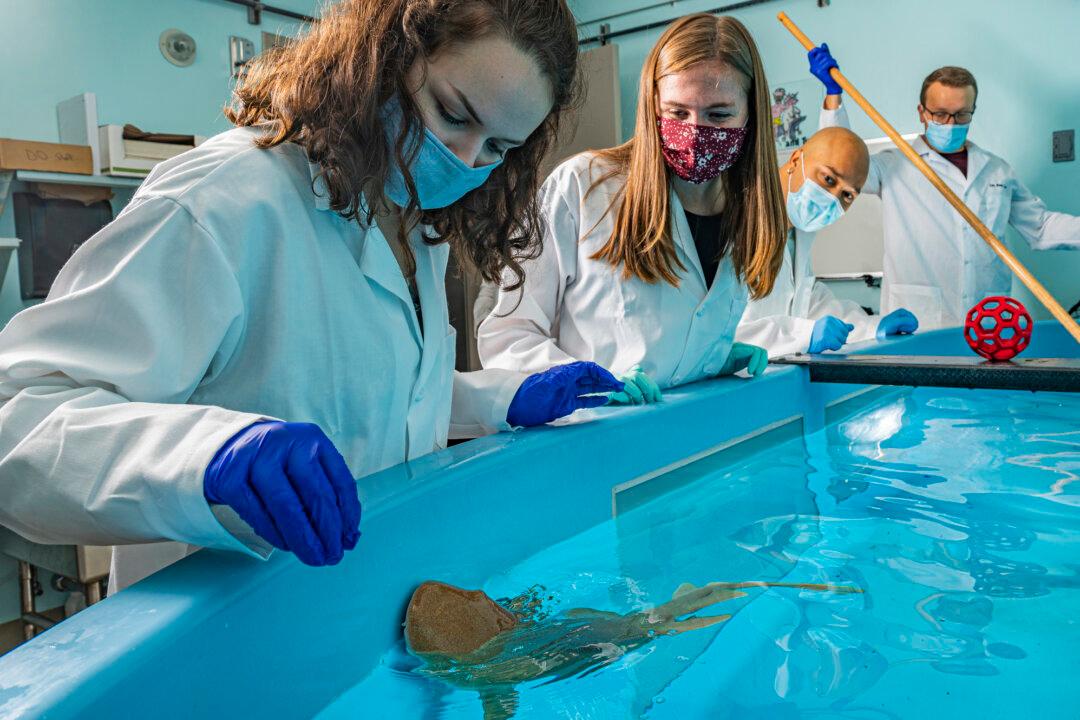Antibody-like proteins developed from the immune systems of nurse sharks can prevent the SARS-CoV-2 virus that causes COVID-19 from infecting human cells, a University of Wisconsin researcher reports.
The new research, reported in the journal Nature Communications, could eventually yield therapies that are effective against mutating viruses like the Delta variant of SARS-CoV-2. The proteins are also effective against viruses that have yet to infect humans, including those that circulate in bats.






